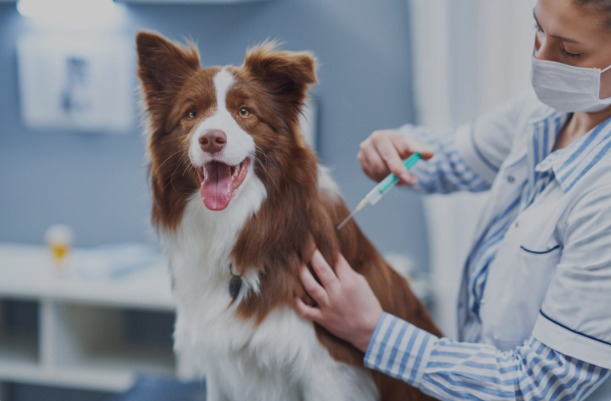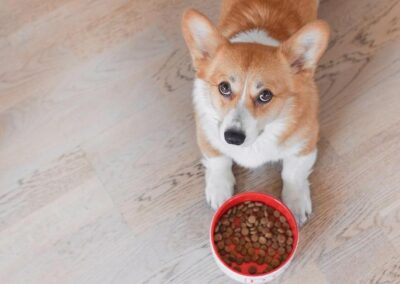
Few things are more central to your dog’s long, healthy life than keeping their vaccines up to date.
It’s not just about travel or boarding—vaccine maintenance is prevention in action, safeguarding your dog (and your family) from serious diseases.
According to veterinary experts, lapsing on vaccines isn’t harmless—it can force you to restart entire vaccine series, risk disease exposure, and jeopardize both your pet’s and public health.
Even if your dog spends most of their time at home, disease threats remain real.
Respiratory diseases, tick-borne illnesses, leptospirosis, and others lurk outdoors—on walks, in dog parks, or even through contact with contaminated surfaces.
Studies show that exposure risk doesn’t decrease just because a dog isn’t traveling.
This is why maintaining vaccines is a foundation of responsible pet care.
Why Vaccines Can’t Be “Once and Done”
Vaccines work by teaching your dog’s immune system to recognize and fight pathogens. But immunity wanes over time.
That’s why booster doses are necessary—commonly every year, or every three years for certain core vaccines.
If you skip a booster, your dog may lose sufficient immunity, and in some cases, veterinarians may need to treat them as if they are never vaccinated—requiring a full reboot of the series.
This “restart” costs extra time, money, and stress.
Another critical reason is rabies protection.
Rabies is nearly 100% fatal and transmissible to humans via bite or contact with infected saliva.
Maintaining up-to-date rabies vaccination is not just about your dog—it’s a public health imperative.

What Diseases Are Vaccines Protecting Against?
Here’s a look at common canine vaccines and how the diseases spread:
- Canine Distemper, Parvovirus, Adenovirus — respiratory and systemic dangers spread through aerosols or direct contact.
- Parainfluenza — contributes to kennel cough.
- Leptospirosis — via contact with contaminated water or urine.
- Bordetella (Kennel Cough) & Canine Influenza — spread through coughing, airborne droplets, and contaminated surfaces.
- Lyme disease — transmitted through tick bites.
- Rabies — via bite from an infected animal or contact with its saliva.
Even passive exposure—nearby dogs breathing, dust stirred, shared water bowls—can transmit pathogens. That’s why even dogs who don’t travel are not “safe” from disease.
How to Keep Vaccination on Track
- Schedule ahead. As soon as a vaccination appointment ends, book the next one (or set reminders).
- Follow veterinary guidance. Vaccine needs vary by geography, lifestyle, and exposure risk. Your vet tailors the schedule.
- Don’t delay boosters. Lapses can reduce vaccine efficacy. In many places, a missed booster means restart.
- Watch for reactions. Mild reactions (swelling, mild fever, soreness) are normal. If symptoms worsen or last more than 48 hours, contact your vet. Serious reactions are rare but require immediate attention.
- Talk to your vet about spacing doses. Especially for small breed dogs or those with sensitivity, spreading out vaccines may reduce side-effect risk.

What to Expect After Vaccination
Many dogs show mild reactions—slight swelling at the injection site, low fever, decreased appetite, or fatigue.
These are part of the immune system doing its work. Intranasal vaccines (for kennel cough, etc.) may cause coughing or runny nose briefly.
These reactions are usually short-lived and mild.
However, if you notice facial swelling, persistent vomiting/diarrhea, hives, or weakness, these are signs of a serious adverse reaction and need immediate veterinary attention.
Vaccines are overwhelmingly safe, but no medical procedure is without risk.
Vaccines = Investment, Not Expense
When you weigh the cost, vaccines are among the most cost-effective preventive measures.
Treating diseases like parvovirus or leptospirosis can run into thousands of dollars—not to mention the trauma inflicted on the dog.
A $30–$50 vaccine is far cheaper and far kinder.
Moreover, your dog’s health affects yours. Some diseases are zoonotic (transmissible to humans), like leptospirosis and rabies.
Keeping your dog vaccinated is also keeping your family safe.



